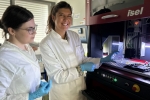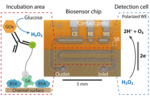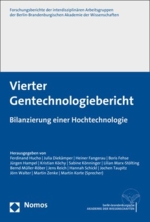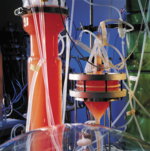Diabetes switch in DNA: Non-coding region in the genome influences ONECUT1 gene
They are underestimated genetic control elements: it is known that changes in the genome can trigger diabetes. But now researchers at the University Hospital Ulm and the INSERM Cochin Institute in Paris have shown that a previously under-researched region of the genome also plays a crucial role in the development of this disease.
https://www.gesundheitsindustrie-bw.de/en/article/press-release/diabetes-switch-dna-non-coding-region-genome-influences-onecut1-gene








